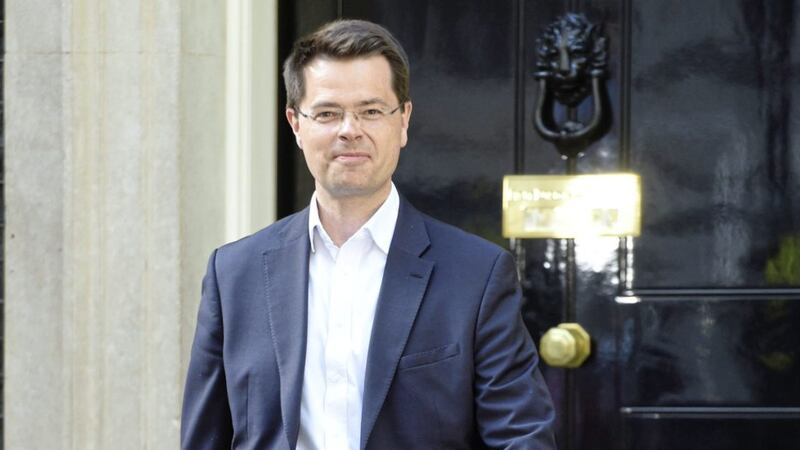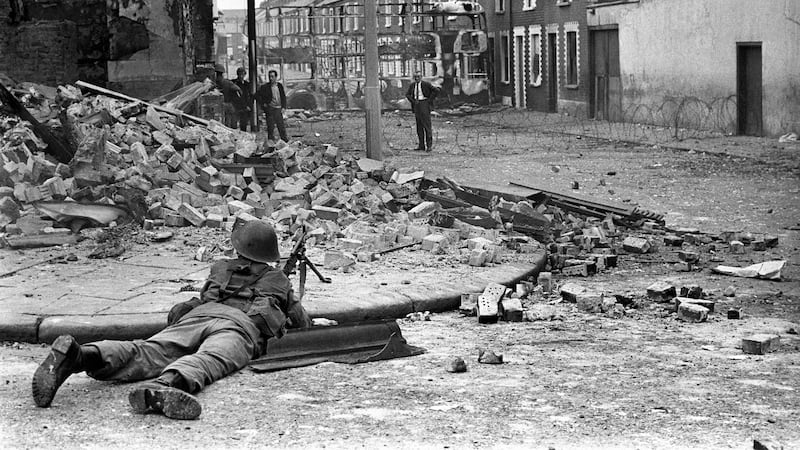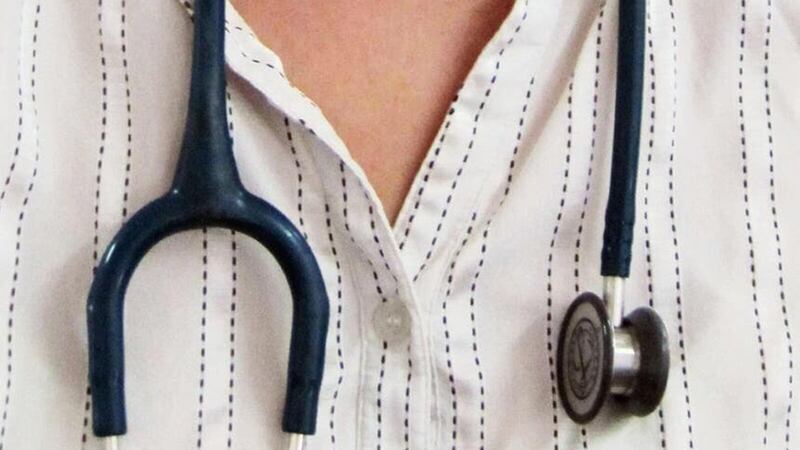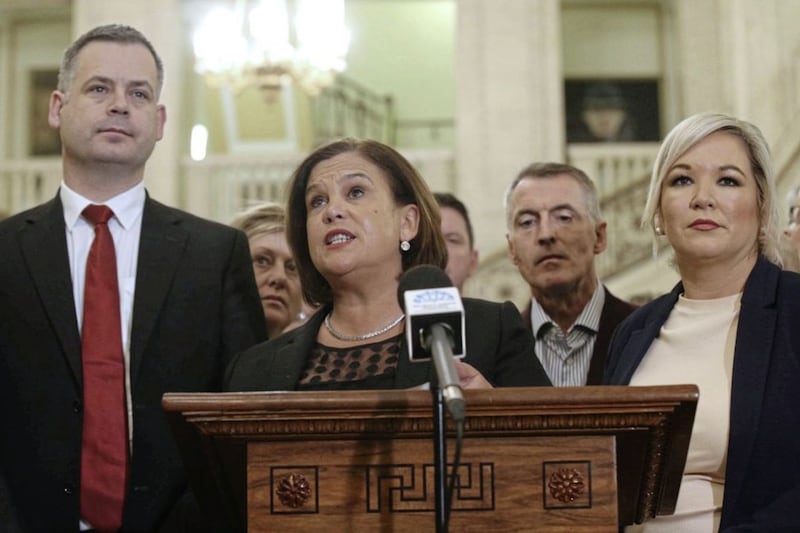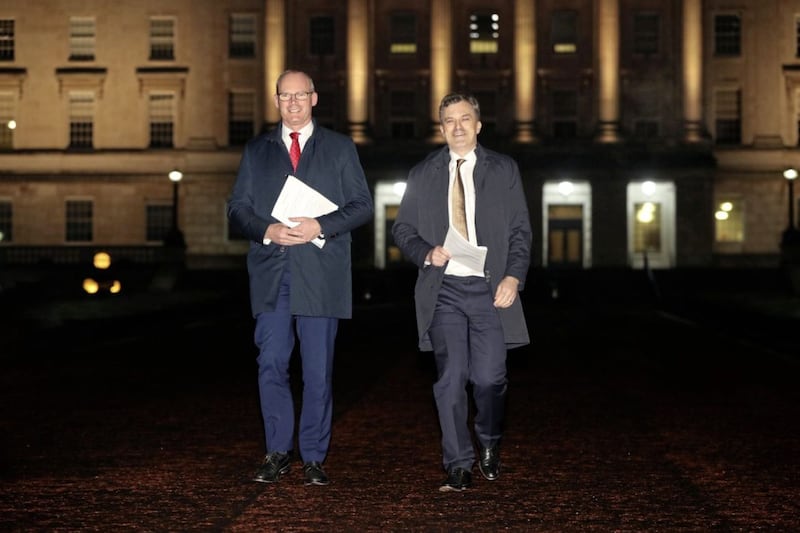SECRETARY of State James Brokenshire is expected to face resistance if he attempts to impose himself as chair of the reconvened Stormont talks.
The Tory MP was yesterday reinstalled at Stormont Castle, a year after first accepting the role from Theresa May.
Mr Brokenshire will visit Belfast today to take part in the negotiations aimed at re-establishing the Stormont executive.
However, the fresh process, which is supposed to conclude by June 29, could be jeopardised by the deal being struck with the DUP to prop up Mrs May's minority government.
Mr Brokenshire said last night the June deadline is "final and immovable".
DUP will support the government "for as long as Corbyn leads Labour", a senior DUP source tells me https://t.co/285MKpCaNk
— Robert Peston (@Peston) June 12, 2017
He said he was committed to help restore power-sharing and will meet the Republic's foreign affairs minister Charlie Flanagan and the north's party leaders at Stormont today.
Mr Brokenshire said the British government will do "everything in its power" to support the talks "steadfastly upholding the principles of the Belfast Agreement and its successors".
But he warned if no deal is reached then the north will come under direct rule again.
.@DUPleader asked if negotiations with Tories could jeopardise Stormont said "why would it" pic.twitter.com/PmI8D1QVZt
— Gareth Gordon (@BBCGarethG) June 12, 2017
"Northern Ireland’s political leaders now have this chance to take control and restore effective power sharing government under the current assembly mandate," he said.
"If they do not, the power to make decisions passes to others."
Mr Flanagan has confirmed he will be in Belfast for the talks, which were parked in April after the calling of last Thursday's snap election.
They are set to be overshadowed by concerns about the British government's impartiality, given the nature of the relationship it has forged with the DUP over recent days.
The 1998 Good Friday Agreement commits the British government to demonstrate "rigorous impartiality" when dealing with competing political views in the region.
Last night, Gerry Adams said the British government had "never been impartial or objective in its relationship with Ireland".
He echoed earlier calls for the appointment of an independent chair.
"If the DUP don’t prioritise the restoration of the institutions, and instead decide to become a prop for a dysfunctional minority government in London, then the parties should consider inviting an independent chairperson to oversee proceedings," he said.
The Sinn Féin leader said his party would continue to press for a speedy return of the institutions.
On BBC's Sunday Politics programme, the SDLP's Nichola Mallon said the idea that the British government could be seen as independent in negotiations was "ludicrous".
She too said there was a need to appoint an independent talks chair.
"Anybody with any sense looking at this situation would realise that needs to happen," she said.
"How can you have a secretary of state sitting at the table as a honest broker when they are actually in an understanding or an agreement or arrangement with one of the parties round the table, while also having the duty and responsibility of being a co-guarantor of the Good Friday Agreement.
"It's just not possible and anyone who pretends otherwise is ludicrous."
Alliance's Stephen Farry also said the deal at Westminster could have "severe repercussions" for Northern Ireland.
"The reality is whenever a difficult decision has to be taken, whether it is now or six months down the line, the Conservative secretary of state and indeed the UK government will have one hand tied behind their back because they know if they push the DUP on any issue, if they say something that annoys the DUP, the DUP will pull the plug on whatever arrangement they have and the thing will come crashing down," he said.
Ulster Unionist Danny Kennedy said the broad unionist community would welcome a link-up that gave more influence to unionists at Westminster but predicted the DUP would encounter problems if it found itself supporting Tory policies that were unpopular in Northern Ireland.
